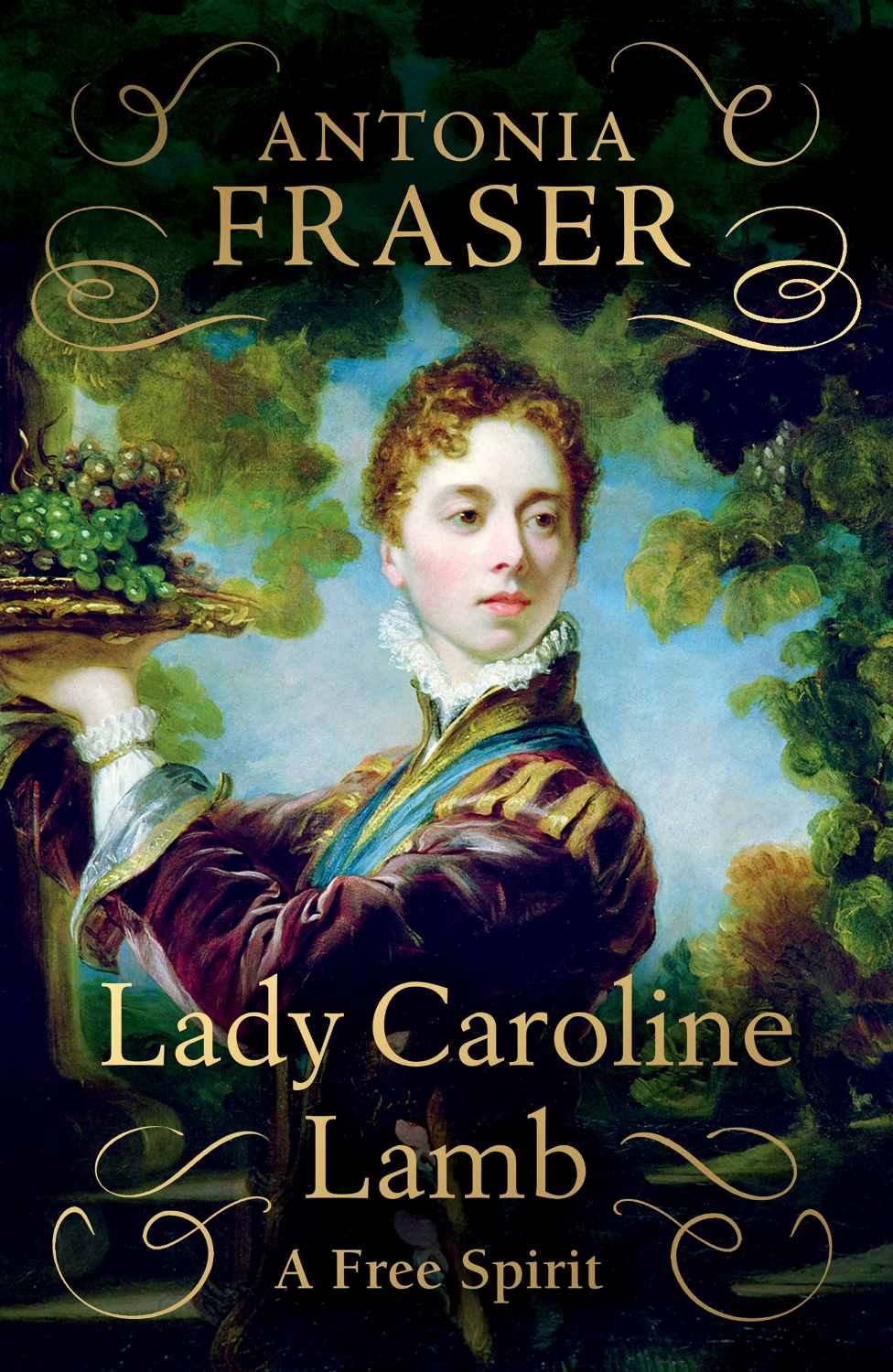Written with characteristic verve and skill: Lord Lexden reviews Antonia Fraser's 'Lady Caroline Lamb'
Portrait of Lady Caroline Lamb c. 1811 | Alamy
3 min read
In this delightful new book, Antonia Fraser captures the appeal of a woman whose indifference to societal conventions helped pave the way to equality
Lord Melbourne, the rather indolent Whig prime minister of the 1830s, is remembered today chiefly for his deep platonic affection for the young Queen Victoria, which she warmly reciprocated before the arrival of Albert.
Their relationship brought him great contentment after one of the most fraught and widely discussed marriages of the period. His wife during the years before he inherited his title was the beautiful Caroline Lamb, whose scandalous behaviour excited rather more interest than his dull political career which began in 1806.
She came from one of the great Whig dynasties, the Ponsonby family (pronounced Punsonby), owners of large estates in Ireland. The family is represented in the Lords today by Labour’s Lord Ponsonby of Shulbrede and the Conservative Lord de Mauley.
The Whig aristocracy in its heyday scorned conventional morality. Husbands and wives were almost expected to take lovers. It is unclear who were the real fathers of both Melbourne and Caroline.
The Whigs kept their abundant extra-marital affairs strictly within their own exclusive social circle. Caroline Lamb broke the unwritten code, outraging her family. She flaunted her torrid love life far and wide.
She did not care in the least what the world thought of her. This is why she retains such wide appeal today. It is captured with characteristic skill and verve by Antonia Fraser in her delightful new book.
Caroline, she writes, “showed an independence and indeed a courage which few women emulated in the early nineteenth century”. Caroline herself condemned women who failed to “stand up for the rights of our sex”. Two centuries later, Britain now has an equal society for which she helped prepare the way.
In 1812, when she was 26, she met the man with whom her name would be scandalously linked for ever. The bisexual Lord Byron, whose poetry was then all the rage, was immediately captivated by this “little boyish beauty, slender with short curly hair”, who rather enjoyed cross-dressing.
She sent him some of her pubic hair as a keepsake. He did not keep it long. Within months he discarded her while continuing an affair with her 60-year-old mother-in-law, with whom she and her husband shared the fine mansion in Whitehall which is now the Scotland Office. Caroline flung a famous insult at him: “mad, bad and dangerous to know”.
She humiliated the treacherous poet in prose. In 1816 she published Glenarvon, a Gothic novel set in Ireland. It was a huge success. Byron is depicted as a charismatic Irish rebel leader who betrays both his political cause and the woman who loves him.
But Caroline never sought to destroy Byron. “My heart is in mourning”, she said when he died in 1828. By a strange chance, a hearse passed her house in Hertfordshire; it was Byron’s. She herself died four years later at the age of 42, ruined by drink and drug-taking.
 Her biographer concludes: “She stands for the kind of independent woman at the beginning of the age of campaigning for female rights whose life and prospects would have been much improved by them.”
Her biographer concludes: “She stands for the kind of independent woman at the beginning of the age of campaigning for female rights whose life and prospects would have been much improved by them.”
Antonia Fraser, who is now 90, intimates that this is her last book. She describes it “as the culmination of an exciting and fulfilling life spent studying history”. She has given greater pleasure to more readers than any other historian in Britain today.
Lord Lexden is a Conservative peer and historian
Lady Caroline Lamb: A Free Spirit
By: Lady Antonia Fraser
Publisher: W&N
